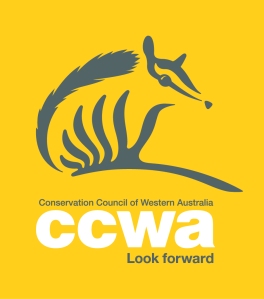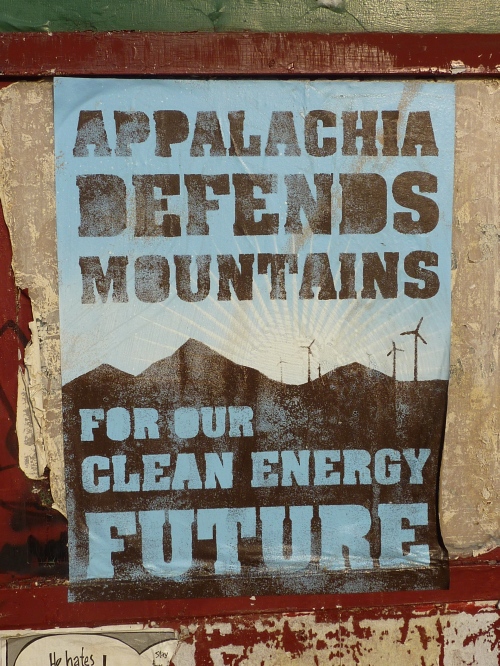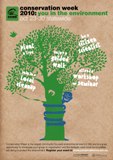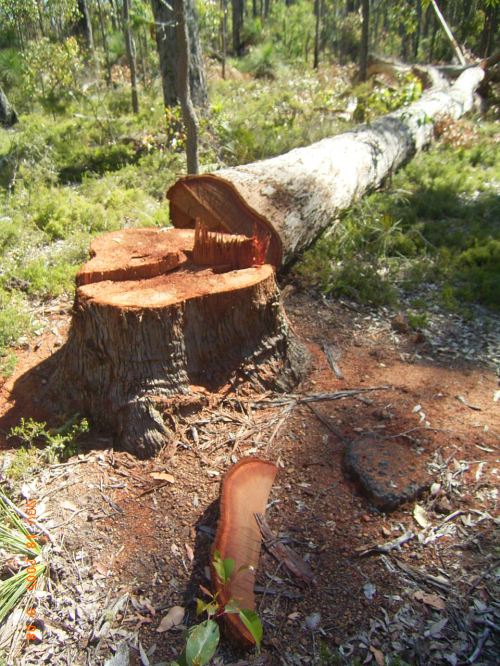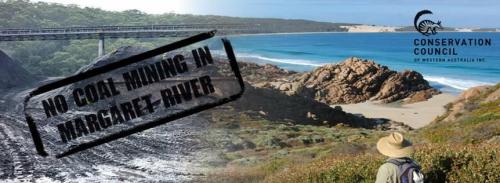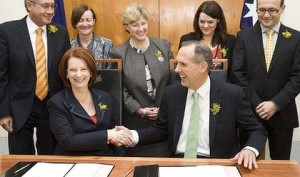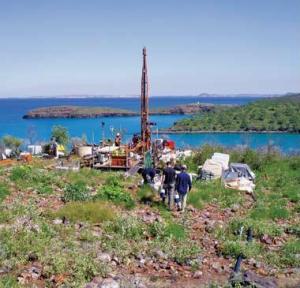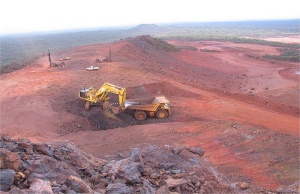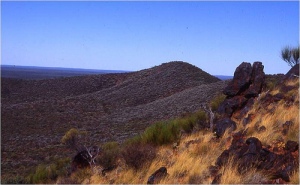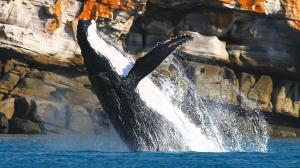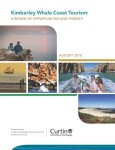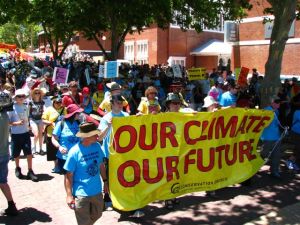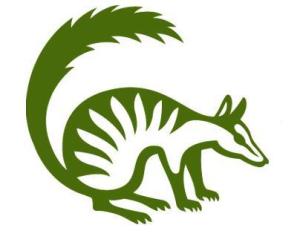 While their approach to the environment has in recent times become one of the few points of difference between the major political parties, this election has seen a frustrating similarity in their policy platforms on climate change and other environmental issues.
While their approach to the environment has in recent times become one of the few points of difference between the major political parties, this election has seen a frustrating similarity in their policy platforms on climate change and other environmental issues.
As a result, voters from both sides of politics who want to see an environmentally responsible government are turning to the Greens in record numbers.
So why is this happening, and just what exactly has been offered up by our Liberal and Labor leaders on the environment?
Climate change or policy change? Both major parties say they are committed to achieving a 5% reduction in Australia’s carbon pollution by 2020, even though the science tells us that 25 – 40% cuts are required by developed countries in this timeframe to stabilise the climate.
Given the massive expansion in polluting industries including 12 new coal fired power stations planned around Australia (3 in WA), it is very difficult to see how even this inadequate 5% target will be reached at all, especially without a price on carbon.
When the nation’s most respected advisor on the economics of climate change, Professor Ross Garnaut was asked, he said the 5% target was achievable without a carbon price, but it would come at a much greater (and unnecessary) cost to Australians and our economy.
Tony Abbott has at least been clear with the Australian public on this issue: an Abbott Government would not introduce a price on carbon in the next term.
Rather than criticising this for the economic recklessness this represents, in typical Labor form, Prime Minister Gillard has attempted to dress up a delay tactic as a credible policy, announcing that a Labor government would form a ‘people’s assembly’ to discuss the issue for a year before a decision on a carbon price will be made.
Australians know that another year of delay and inaction on climate change will put even the 5% target out of reach for Australia.
In WA alone, a lack of climate policy for the last two years at both State and Commonwealth level has created a window of opportunity for polluting industries, with the EPA projecting a massive 75% increase in carbon pollution from the state over the next few years.
Given this knowledge, it is unsurprising that Gillard’s policy on rebuilding ‘community consensus’ for another year went down like a lead balloon with the electorate.
Since that time, the ALP have struggled to come up with some other pollution-busting initiatives to fill the credibility vacuum.
After announcing a cash-for-clunkers program that looks more like a subsidy to the car industry and an energy efficiency policy that looks more like a subsidy to the commercial property sector, Gillard finally got on to the main game – new coal fired power stations.
But don’t be fooled here either; Gillards policy to prevent new ‘dirty’ coal fired power stations will not apply to the three recently approved by the Barnett Government, and will make little difference to cleaning up the other 9 planned around Australia.
Now, on the eve of tomorrows election, the Australian newspaper has reported that:
“Julia Gillard is prepared to legislate a carbon price in the next term of Government [and that] she would view victory tomorrow as a mandate for a carbon price, provided the community was ready for this step”
This is better than Tny Abbott ruling out a carbon price altogether, however the PRime Minister’s comments can hardly be taken as a committment, and leave maximum wriggle-room for the ALP and the coal industry to continue their appalling inaction for yet another term.
Given this bleak scenario, the substantial number of Australian’s who agreed with Kevin Rudd that climate change is the greatest moral challenge of our time have little choice but to desert both major parties this election.
Predictably, the polls tell us that is exactly what is happening with record numbers reporting their voting intention as supporting the Greens.
Given the lack of action on climate by Gillard and Abbot, one would have thought that other environmental initiatives would be in focus as both sides of politics scramble for opportunities to attract swinging voters. Even here we have been bitterly disappointed.
“Green Army” Before the campaign, Abbott recycled an old Howard policy, announcing a ‘green army’ of people receiving social security benefits who will be put to work planting trees and repairing environmental degradation.
This idea no doubt has some appeal to conservative voters; however it lacks credibility as an environmental policy without any commitment to tackle the fundamental root causes of environmental destruction such as vegetation clearing, pollution, weeds, feral animals and climate change.
Forests or Firewood? On the issue of forests, traditionally a fraught policy area at election time thanks to a powerful forestry industry with many workers in marginal Tasmanian seats, policy announcements have been even more disappointing, with both Liberal and Labor policies a disaster for the environment. Almost 80% of Australians (Galaxy poll) support an end to native forest logging, however instead of delivering this both major parties support the disastrous proposals to burn native forests for energy, and have both made commitments to an extra $20million in taxpayer subsidies for an unsustainable industry that can’t stand on its own without ongoing government assistance.
Saving our Marine Life. On the critical area of marine protection, Abbott filleted a fish for the TV cameras while announcing that he would put Labor’s marine protection process ‘on hold’ if he won government.
With less than 1% of our marine life in Western Australia protected and our fish stocks collapsing, all Labor had to do to better Abbott’s dog-whistle to the fishing sector is announce that they would continue the current process to create marine protected areas off the coast of WA.
Sadly for our environment, this meagre announcement could in fact be the best environmental policy from either major party during this campaign.
Support the Conservation Council – your independent voice for the environment by clicking here
Written and authorised by Piers Verstegen, City West Lotteries House, 2 Delhi St West Perth
